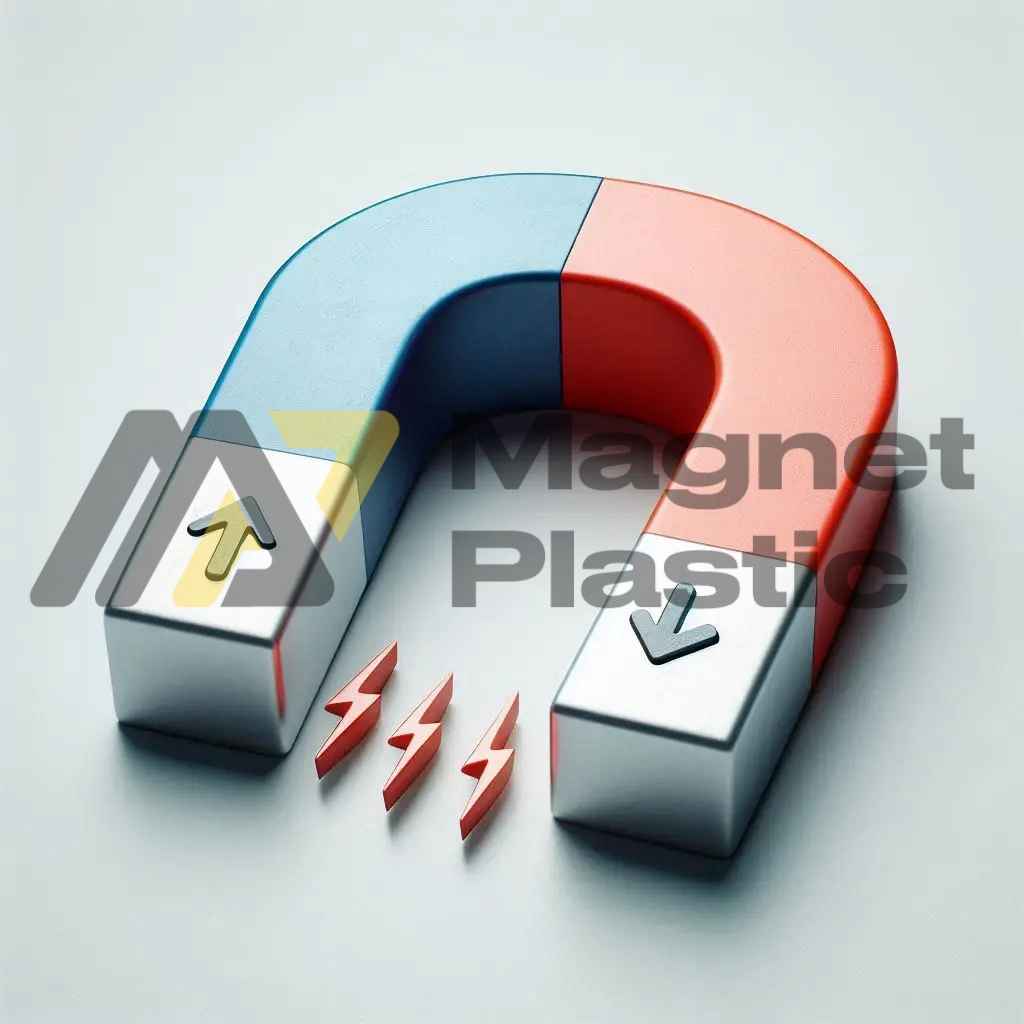Magnetic Unit Converter
Magnetism is a fundamental physical property that plays a vital role across a wide range of fields, including electronics, medicine, and engineering. To work with accuracy in scientific and industrial contexts, it is essential to understand and manage different magnetic measurement units. Because multiple unit systems exist—most notably the International System of Units (SI) and the CGS (centimeter-gram-second) system—a key tool becomes indispensable: the magnetic unit converter.
What is a magnetic unit converter?
A magnetic unit converter is a tool—typically digital—that allows users to convert one magnetic measurement unit into another equivalent one. It is especially useful when working with technical sources from countries or industries that use different unit systems.
Common examples of conversions include:
- Magnetic field (magnetic induction): tesla (T) in SI, gauss (G) in CGS.
→ 1 tesla = 10,000 gauss - Magnetic field strength: ampere per meter (A/m) in SI, oersted (Oe) in CGS.
→ 1 A/m ≈ 0.01257 Oe - Other quantities like magnetic moment, magnetic permeability, and reluctance also involve specific conversions.
The importance of a magnetic converter
Using a magnetic converter correctly offers essential benefits:
- Technical accuracy: A conversion error can cause system malfunctions or compromise experimental results.
- Global compatibility: With various standards in use worldwide, accurate unit conversion ensures seamless international collaboration.
- Time efficiency: Automatic tools eliminate human error and accelerate design or manufacturing processes.
Fields of application
Magnetic unit converters are used across many sectors, including:
- Electrical and electronic engineering: For designing motors, transformers, and sensors.
- Medical technology: In devices like MRI scanners, which require extremely precise magnetic field values.
- Scientific research: To interpret and compare data from publications using different unit systems.
- Magnet manufacturing: To adjust magnetic characteristics to customer specifications.
Conclusion
A magnetic unit converter is an indispensable tool wherever magnetism plays a key role. More than just a calculator, it ensures accuracy, reliability, and efficiency in scientific and industrial operations. By using a trusted converter, professionals can work with precision and meet the highest regulatory standards.
